
Orphan drugs and breakthrough therapies last year comprised the highest number of new medications approved since 2001.

Orphan drugs and breakthrough therapies last year comprised the highest number of new medications approved since 2001.

Co-administration of amiodarone with simeprevir and sofosbuvir combination is not recommended.

The FDA approved Triumeq (abacavir, dolutegravir, and lamivudine) tablets for the treatment of HIV-1 infection in patients without the HLA-B*5701 allele.

Pharmacists provide medication expertise that is essential to both the patient and the health care team in the treatment of hepatitis C.

High cost of new drugs make treating even the sickest inmates impractical.

CCZ impairs the ability of the virus to enter human liver cells.

Treating prisoners for hepatitis C virus can be a costly nightmare, straining prisons' pharmacy and health care budgets.

Combination fast-tracked for approval to treat chronic HCV GT1 infection in end-stage renal disease patients on hemodialysis.
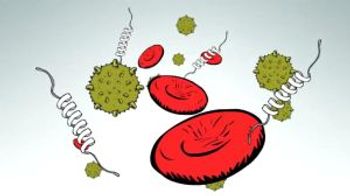
The FDA has granted 2 breakthrough therapy designations to grazoprevir/elbasvir.

HIV patients need to have undetectable viral load to undergo procedure.

Completion rates remain lower than rates reported in clinical trials.

Specialty drugs comprise 28% of total drug costs from just 1% of claims.

Medication would require no refrigeration and cost less than $1 per dose to manufacture.

Advances in treatment for chronic hepatitis C virus have been breaking news in the last few years.
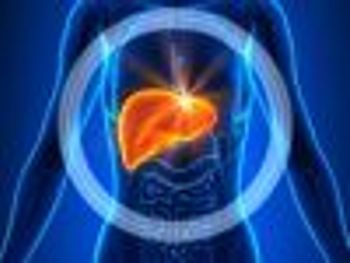
Procedure allows acute liver failure patients to receive a transplant before their condition worsens.

Bristol-Myers Squibb is also clinically testing the potential of daclatasvir-based regimens in patients co-infected with HIV.
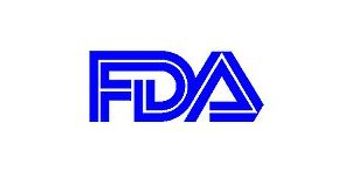
Patients with bile acid synthesis and peroxisomal disorders will soon have access to the first FDA-approved treatment option.

The agency is slated to review the new drug application within a 6-month timeframe.
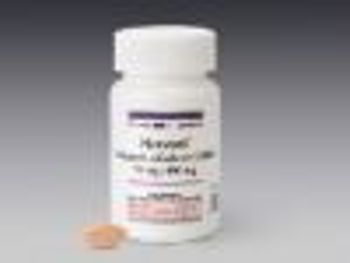
Historical comparison shows advantage in virologic response for patients with genotype 1 hepatitis C.

New drugs help prevent needless HCV-related deaths.
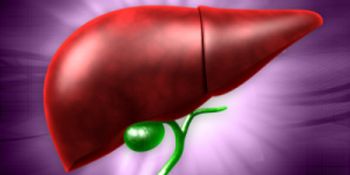
Interferon-free, all-oral drug regimens result in high rates of sustained virologic response for patients co-infected with hepatitis C virus and HIV.

Many patients with non-alcoholic fatty liver disease also have low vitamin D levels.

This continuing education activity is supported by educational grants from Bristol-Myers Squibb and Gilead Sciences, Inc.
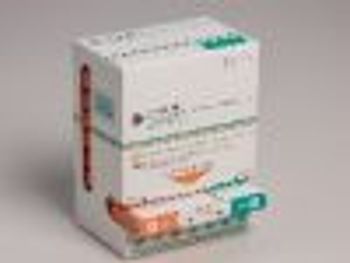
Viekira Pak is an all-oral regimen that has been approved by the FDA for the treatment of genotype 1 chronic hepatitis C virus infection.

Patients with hepatitis C benefit from a collaborative approach that involves specialty pharmacists and other care providers working with patients to promote patient engagement, adherence to therapy, and management of comorbidities.